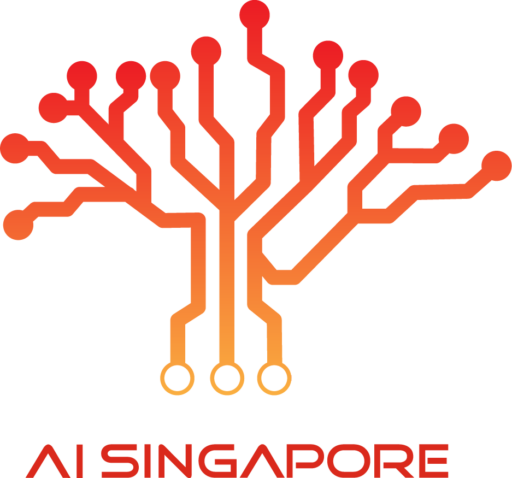
Algorithm as Boss or Coworker? Evidence from Randomized Field Experiment on Algorithmic Control
Written By:
Dr. Nakyung Kyung
Assistant Professor
Information Systems and Analytics, School of Computing, National University of Singapore
At present, over one in three companies worldwide are incorporating AI into their business operations. There’s a growing shift from human-led management to a system directed by algorithms, wherein learning algorithms take on coordination and control roles traditionally held by human supervisors. While algorithmic control offers substantial benefits such as utilizing extensive data from all work aspects, providing immediate predictions, and facilitating operations on a large scale, it also has potential downsides. With minimal human interference, algorithmic control may lead to worker dehumanization through constant monitoring. The gig economy is a leading sector that depends heavily on algorithmic control. The platforms including Uber, Lyft, Foodpanda, and Grab employed algorithmic control to match orders with drivers, i.e., order dispatching. The workers are closely monitored by the platform while working, which could lead to conflicts between workers and the platforms.
In this study, we examine whether algorithm and workers can collaborate with each other and how it can benefit both workers and platforms. Specifically, we conducted a randomized field experiment with one of the largest delivery rider labor unions in Asia. We recruited union members who work for the food delivery app with the highest market share (i.e., 60%) and are monthly active users (MAU) in the experiment site. We randomly assigned gig workers into three conditions (see Figure 1): traditional algorithmic control (with no room for workers’ decision), collaborative algorithmic control (where workers choose an order from AI-recommended lists) and no algorithmic control (no interference from AI) and conducted individual-level analyses on delivery time and profit per travel distance.
The result shows that although the delivery time for workers under collaborative algorithmic control was longer compared to those under traditional algorithmic control, they secured a higher profit. Notably, our findings demonstrate that workers operating under collaborative algorithmic control reported a higher sense of proficiency and autonomy than those working under traditional algorithmic control or without any algorithmic intervention. In summary, our research suggests that implementing collaborative algorithmic control not only increases gig workers’ financial gains but also bolsters their intrinsic rewards, which could potentially bring advantages to the gig platform as well.
Our research was invited to be presented in the Government Assembly Policy Debate/Seminar, the country where the experiment was conducted. We discussed policy design that can consider the legal and human rights aspects of algorithmic control.

Figure 1. Experimental groups and Experimental process
Dr. Nakyung Kyung, Algorithm as Boss or Coworker? Evidence from Randomized Field Experiment on Algorithmic Control.
Working paper available at: https://drive.google.com/file/d/1JKXjq931RNupfKAKZQM9QkTeJhv2QrNW/view?usp=sharing

